How To Become A Kidney Transplant Donor?
Learn how to become a kidney transplant donor and help save a life. Discover the eligibility, process, and benefits of living or deceased kidney donation.

Written by Dr.Sonia Bhatt
Last updated on 5th Jul, 2025
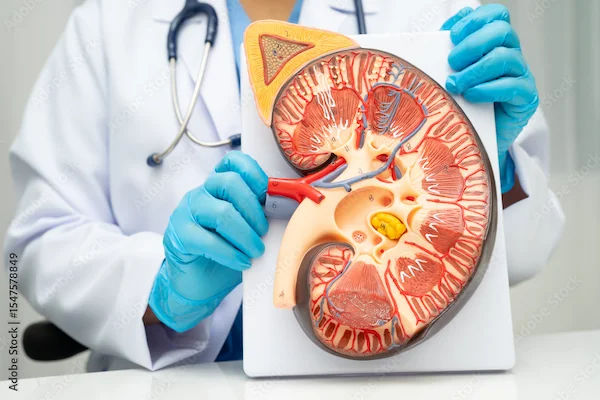
Introduction
Kidney donation is one of the most selfless acts of kindness, giving someone a second chance at life. If you're considering becoming a kidney donor, you may have questions about the process, eligibility, risks, and benefits. This guide will help you understand everything you need to know about kidney donation in a simple and compassionate way.
Why Become a Kidney Donor?
Millions of people worldwide suffer from chronic kidney disease (CKD), and many require a kidney transplant to survive. Unfortunately, the demand for kidneys far exceeds the supply. By donating a kidney, you can:
Save a life.
Improve the recipient’s quality of life.
Reduce their dependence on dialysis.
Give hope to someone in need.
Who Can Donate a Kidney?
Not everyone can donate a kidney. Hospitals follow strict guidelines to ensure the donor’s safety and the recipient’s success. Here are the general eligibility criteria:
Medical Requirements
Here are the medical requirements for a kidney transplant:
Age: Typically between 18 and 65 years.
Good Health: No major illnesses like uncontrolled diabetes, high blood pressure, cancer, or kidney disease.
Healthy Kidneys: Both kidneys must function well.
No Infections: Free from HIV, hepatitis, or other serious infections.
Mental Fitness: Emotionally stable and willing to donate voluntarily.
Lifestyle & Other Factors
Lifestyle and other factors for a safe kidney transplant are:
Non-smoker or willing to quit before donation.
No history of substance abuse.
Willing to undergo medical and psychological evaluations.
Types of Kidney Donation
There are two main ways to donate a kidney:
1. Living Donor (Most Common)
You donate one kidney while alive (the remaining kidney compensates).
Can be directed (donating to a family member or friend) or non-directed (anonymous donation).
2. Deceased Donor
Kidneys are donated after a person’s death (with prior consent or family approval).
This article focuses on living kidney donation, as it is a voluntary and planned process.
Consult Top Specialists for Personalised Tips
Step-by-Step Process of Becoming a Donor
The process of becoming a kidney donor is as follows:
Step 1: Initial Interest & Research
Learn about kidney donation and discuss it with family.
Understand the risks and benefits.
Step 2: Contact a Transplant Center
Reach out to a hospital with a transplant programme (like Apollo Hospitals).
You can book a consultation through Apollo24|7 for guidance.
Step 3: Medical & Psychological Evaluation
Blood tests, urine tests, imaging (CT/MRI), and heart checks.
Mental health assessment to ensure you’re emotionally prepared.
Step 4: Matching & Compatibility Tests
Blood type and tissue matching tests (HLA test).
Crossmatch test to check for immune reactions.
Step 5: Final Approval & Surgery Planning
If cleared, a surgery date is set.
Pre-surgery counselling on recovery and risks.
Step 6: Kidney Transplant Surgery
Minimally invasive (laparoscopic) surgery (small incisions, faster recovery).
Hospital stay: 2-5 days.
Step 7: Recovery & Follow-Up
Rest for 4-6 weeks before resuming normal activities.
Regular check-ups to monitor kidney function.
Risks & Long-Term Effects of Donation
Donating a kidney is generally safe, but like any surgery, there are risks:
1. Short-Term Risks
Pain, infection, or bleeding after surgery.
Rare complications like blood clots or anaesthesia reactions.
2. Long-Term Considerations
Most donors live healthy lives with one kidney.
Slightly higher risk of high blood pressure or protein in urine (rare).
No significant impact on lifespan if you stay healthy.
Life After Kidney Donation
Here is life after kidney donation:
1. Physical Health
Avoid heavy lifting for 6-8 weeks.
Stay hydrated and eat a balanced diet.
Regular exercise (after doctor’s approval).
2. Emotional Well-being
Many donors feel a deep sense of fulfilment.
Counselling is available if you experience anxiety or stress.
Myths About Kidney Donation
Some of the myths and facts about kidney donation are:
Myth 1: "I’ll have kidney problems later."
Fact: Most donors live normally with one kidney.
Myth 2: "The surgery is extremely painful."
Fact: Laparoscopic surgery is minimally invasive with manageable pain.
Myth 3: "I can’t lead an active life after donation."
Fact: You can return to sports and work after recovery.
Conclusion
Becoming a kidney donor is a noble decision that can transform someone’s life. With advancements in medical science, the process is safer and more efficient than ever. If you’re considering donation, consult a healthcare provider to guide you through the journey.
Consult Top Kidney Doctor
Consult Top Specialists for Personalised Tips

Dr. Hareesha Babu K
Nephrologist
25 Years • MBBS, MD (General Medicine), DM (Nephrology),FASN, FRCP(Glasg), FRCP (Edin)
Bangalore
Kidney & Hypertension Care, Bangalore
(125+ Patients)

D. Akshay Zalavadiya
Nephrologist
3 Years • MBBS, MD, DM Nephrology
Ahmedabad
Beacon kidney consult, Ahmedabad

Dr. Siddharth Herur
Nephrologist
4 Years • MBBS, MD General Medicine, DM Nephrology
Kurnool
Medicover hospital and Gurudatta poly clinic, Kurnool

Dr. Anantha Rao
Nephrologist
7 Years • MBBS, DNB (General Medicine), DNB (Nephrology)
Kurnool
Aakash hospital and KIMS hospital, Kurnool
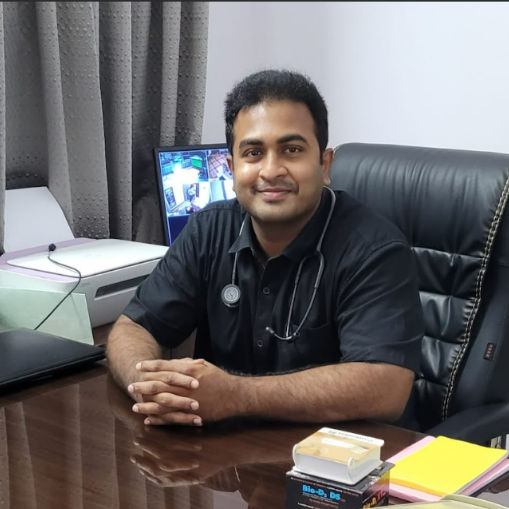
Dr. S Bipin Kumar
Nephrologist
13 Years • MBBS, MD General Medicine, DM, Nephrology
Rajamahendravaram
SG KIDNEY CARE, Rajamahendravaram
Consult Top Kidney Doctor

Dr. Hareesha Babu K
Nephrologist
25 Years • MBBS, MD (General Medicine), DM (Nephrology),FASN, FRCP(Glasg), FRCP (Edin)
Bangalore
Kidney & Hypertension Care, Bangalore
(125+ Patients)

D. Akshay Zalavadiya
Nephrologist
3 Years • MBBS, MD, DM Nephrology
Ahmedabad
Beacon kidney consult, Ahmedabad

Dr. Siddharth Herur
Nephrologist
4 Years • MBBS, MD General Medicine, DM Nephrology
Kurnool
Medicover hospital and Gurudatta poly clinic, Kurnool

Dr. Anantha Rao
Nephrologist
7 Years • MBBS, DNB (General Medicine), DNB (Nephrology)
Kurnool
Aakash hospital and KIMS hospital, Kurnool

Dr. S Bipin Kumar
Nephrologist
13 Years • MBBS, MD General Medicine, DM, Nephrology
Rajamahendravaram
SG KIDNEY CARE, Rajamahendravaram
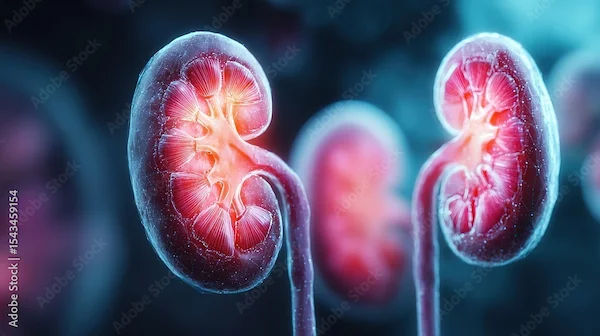
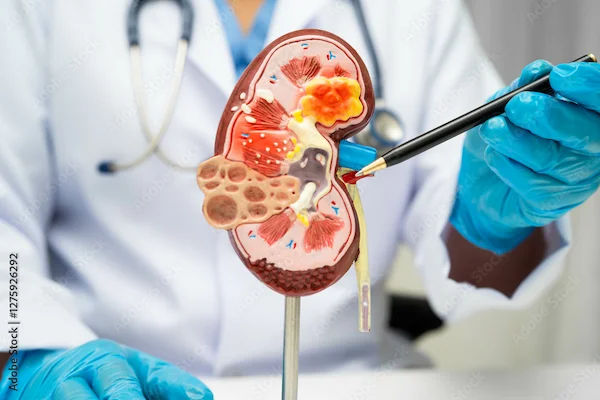
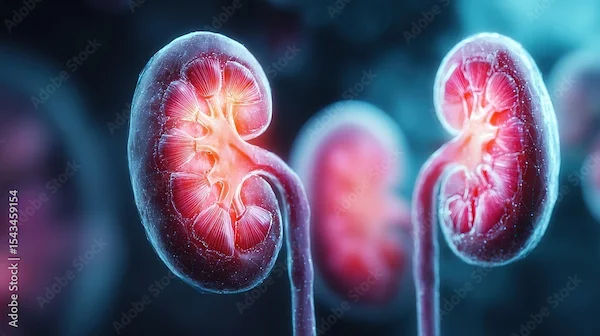
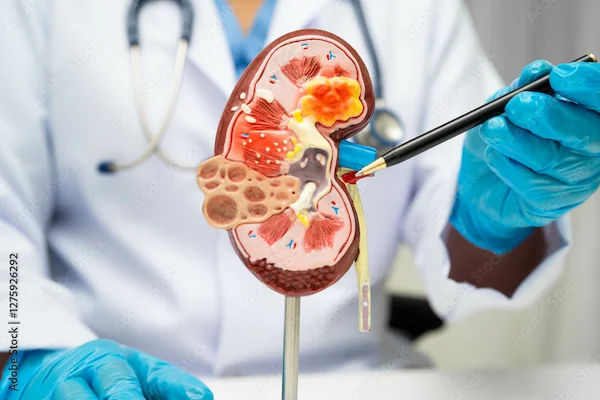
_2.webp)